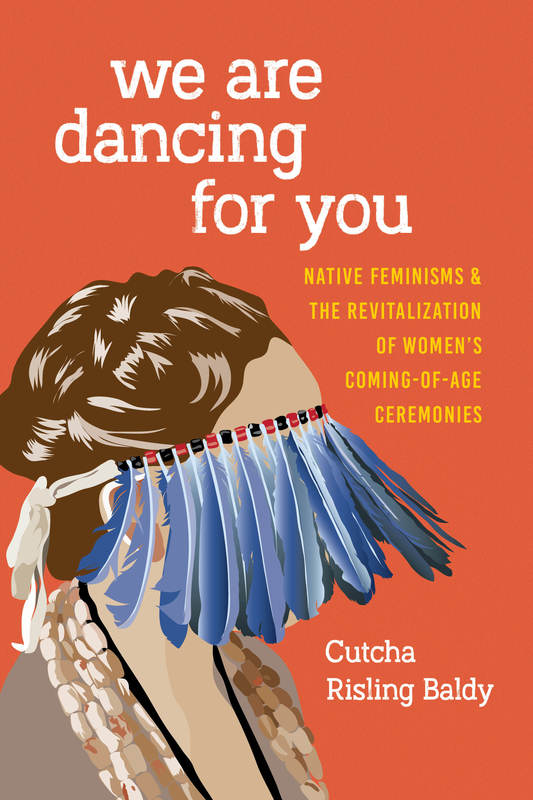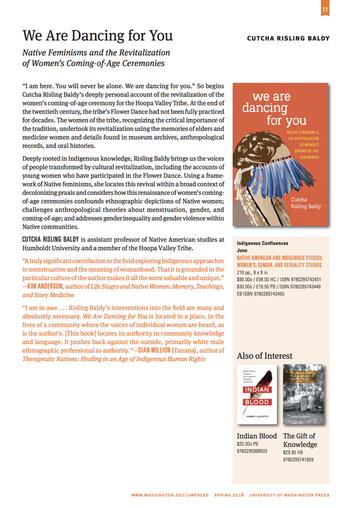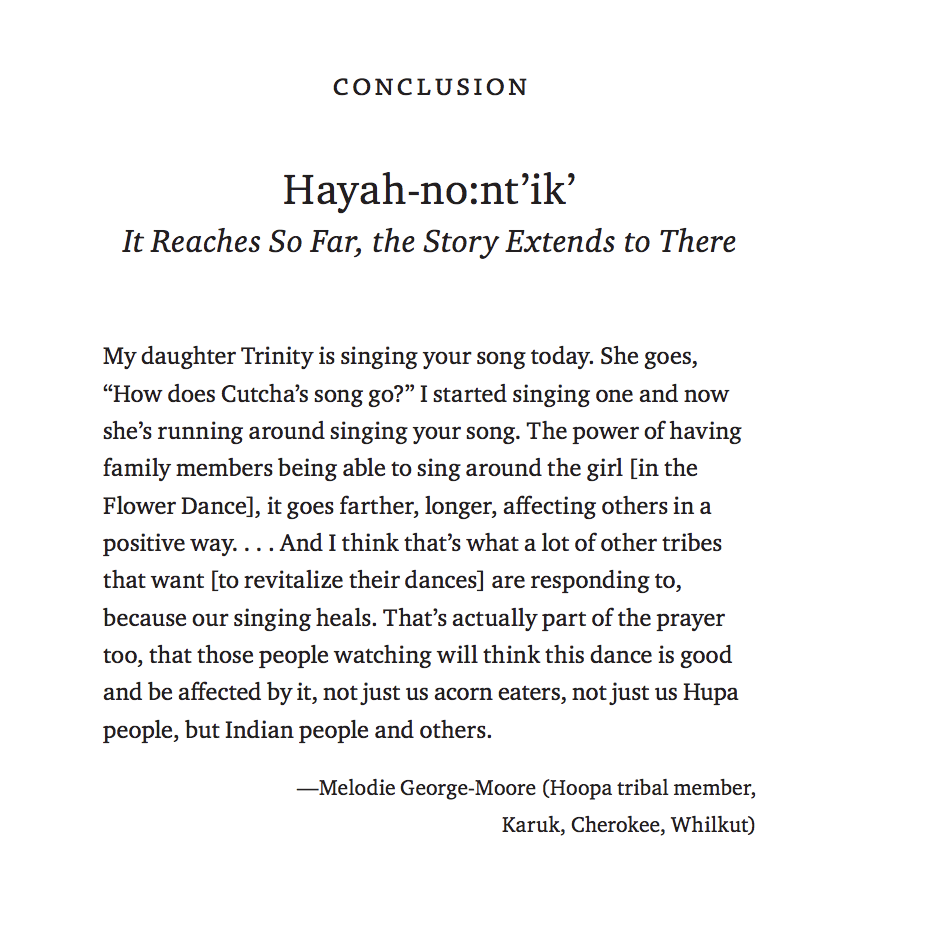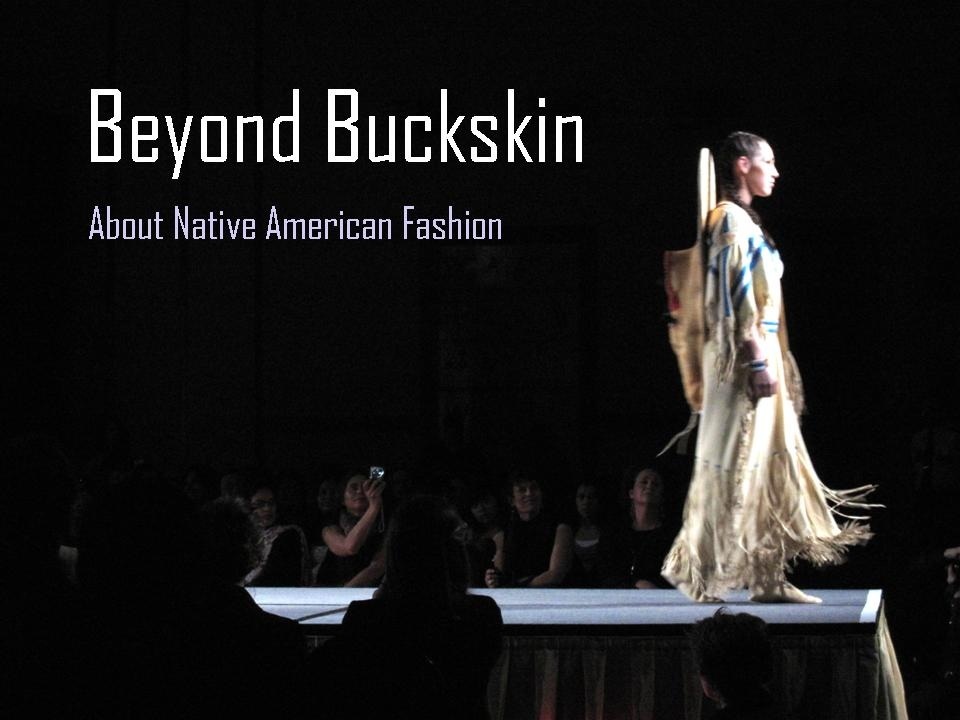Don't Be Afraid to Sing Out or How I Became a Singer or My Book Is Coming Out In Two Months3/8/2018 I realize it has been a good long while since I've sat down and written a blog entry but it is for good reason. And that reason is I haven't felt like it. No but really. I've been doing all the things you all should have been doing over the past few months: I went and saw Black Panther. I bought Heart Berries by Terese Mailhot. Went to some symposiums. Presented at some conferences. Oh, and I've finalized everything for the book which is coming out in JUST A FEW MONTHS (as in two months. TWO MONTHS). I've learned a lot along the way. Because being an Indian is lived research and critical thinking. Our traditions teach us to be thinkers by showing us that there are no easy answers and that through sustained exploration we can continually learn and sometimes change our findings, based on our lived experiences, on our relationality to the world around us, on our dreams, on our families, on ourselves. This is part of the reason why the static nature of research feels so counter intuitive. All the so-called objectivity and positivism, all the times we have been told that our feelings weren’t the same as the statistics. All the times that we have been confronted with these statistics as if they are more important than our voices and our stories. And now, as we continue to build Native studies, decolonization theory and praxis, Native feminisms, and Indigenous futurisms, we are able to build approaches to education that value survivance, sovereignty and story. In the contemporary context, stories have the power to (re)claim sovereignty, landscapes, cultures and knowledge. And what is research, what is education, but exploring the world through stories? So this is a story... about how I became a singer. I didn’t know growing up that every time my Grandmother would interrupt me while I was trying to watch TV after school that she was teaching me. Most of her stories didn’t have endings and she would often start in the middle of a thought. The things I remember from my very young childhood that she taught me were (1) don’t act like a white girl. White girls are spoiled and they don’t respect their parents. And they won’t get dirty. (2) If someone comes at you like they think they are hot shit, go get your cousin. That’s what cousins are for. (3) You will eat water fried potatoes and soggy bacon and you will like it. Also, malt-o-meal is a MEAL. It has the word right in there. As I got older she taught me much more like – wear shoes that actually fit you. If you can’t climb up the mountain, crawl up the mountain. And never let a man hit you. And if he hits you, you leave and you never look back. She died of kidney failure when I was at Stanford. Diabetes. She told me once that dying of kidney failure because of diabetes was a very Indian thing of her to do and that she hoped I would put that in my book some day. Before, when she was sick, my Mom made me go to the hospital to sit with her and talk about her life. I said “Grandma, mom wants me to ask you questions about your life.” And she said “Because I’m dying? That sounds like a fun way to spend a Saturday.” There was a lot she told me – more education – more stories. One thing she said “do you know why it’s important to sing? You had a pretty voice growing up, but now you don’t sing. Not in ceremony, not in public, not in front of people. Girls are taught this now, they don’t sing out. Back in my day, girls, they would sing out. I taught my girls to sing out. All Hupa girls used to sing out. We could shake mountains. And the men would just dance away to our songs. But now so many of you girls are taught to fade into the background. And you try to. So you don’t sing. Because you think that’s what girls are, background.” And she ended with, “don’t be afraid to sing out.” Many years later I was living in San Diego and I was in an abusive relationship. All those strong women in my life, all those stories, all that Indian education, and there I was pinned up against a wall with his finger in my face telling me that I was worthless. He said, “Cutcha, nobody else will ever want you.” He said, “Cutcha, nobody else will ever love you.” And one night after a particularly violent incident I was on the floor of our bathroom. I didn’t know how I was going to get off the bathroom floor. I didn’t know how I was going to leave. But I knew a song. And I heard my grandmother say to me, from somewhere far away (we say across the river) “don’t be afraid to sing out.” So I sang to myself, and I got up. Months later I would finally attend our revitalized women's coming-of-age ceremony, as a dancer. I hadn't planned on singing. My Auntie pulled me aside and said "I'm going to teach you a song. It's your Great Grandfather's song. It's pretty easy. When the time comes I'm going to call you out and tell you to sing it." "But I don't..." "You'll start. We will join in." I stood at the top of the house that night and tried to hide in the shadows. The time came. Auntie said "Cutcha's going to sing." And so I began... Page from the book!As I have readied for the release of the book I have been going through many files, photos and other things I've collected along the way. This includes a set of songs which were recorded by me with my cousin Viola "Chummy" Brooks and my (at the time) 6 year old daughter (who is now 10). Along with these recordings I have been reviewing the recordings that were collected in the 1970s as people were trying to document this dance that our communities had not been doing publicly for quite some time. There are even recordings of elders who were working with ethnographers in the earlier/mid 1900s where they expressed hope that one day someone would sing their song again. It is amazing to think about these recordings as moments in time where elders shared the songs they could remember, songs that had been passed down through their families, songs they recorded in the hopes that one day people would sing them again. And now we do. We not only sing those songs, we sing our own songs, songs that have come to us and stayed with us. Songs that remind us to laugh, to pray, to love and to sing out. Going through these recordings I am struck by the way they all document a moment in time. Like how my own little girl is singing her Grandmother's song. One that she has heard over and over again at the Flower Dances we go to. In her life, we have always done this women's ceremony. This is who we are as Hupa people. We dance and sing and celebrate young women. This is who we have always been and who we will always be. And her Grandmother's song will be carried with her always. And women always sing out. "Say something." I say on the recording. "Say testing, testing." "Testing, testing," she responds. "Now sing Grandma's song." And she begins. Some other songs. The first is my very first song that came to me while I was making mashed potatoes. It's my mashed potatoes song. The second is my cousin Viola's song - it means "grow old in a good way."
0 Comments
|
SubscribeClick to
AuthorCutcha Risling Baldy is an Associate Professor and Department Chair of Native American Studies at Humboldt State University. She received her PhD in Native American Studies from the University of California, Davis. She is also a writer, mother, volunteer Executive Director for the Native Women's Collective and is currently re-watching My Name is Earl... (5) Top PostsOn telling Native people to just "get over it" or why I teach about the Walking Dead in my Native Studies classes... *Spoiler Alert!*
Hokay -- In which I lead a presentation on what happens when you Google "Native American Women" and critically analyze the images or "Hupas be like dang where'd you get that dentalium cape girl? Showing off all your money! PS: Suck it Victorias Secret"
In which we establish that there was a genocide against Native Americans, yes there was, it was genocide, yes or this is why I teach Native Studies part 3 million
5 Reasons I Wear "Indian" Jewelry or Hupas...we been bling-blingin' since Year 1
Pope Francis decides to make Father Junipero Serra a saint or In Which I Tell Pope Francis he needs to take a Native Studies class like stat
I need to read more Native blogs!A few that I read...
Archives
June 2020
Categories
All
|









 RSS Feed
RSS Feed
